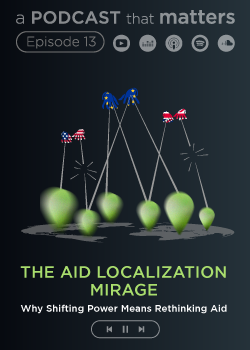Print

Effects of confinement on inhomogeneous systems: CONIN
Details
Locations:Argentina, Belarus, France, Poland, Spain, Ukraine
Start Date:Jan 1, 2017
End Date:Dec 31, 2020
Contract value: EUR 684,000
Sectors: Electrical Engineering
Description
Programme(s): H2020-EU.1.3.3. - Stimulating innovation by means of cross-fertilisation of knowledge
Topic(s): MSCA-RISE-2016 - Research and Innovation Staff Exchange
Call for proposal: H2020-MSCA-RISE-2016
Funding Scheme: MSCA-RISE - Marie Skłodowska-Curie Research and Innovation Staff Exchange (RISE)
Grant agreement ID: 734276
Objective
The objective of the project is determination of universal features and specific properties of various systems spontaneously ordering into spatially inhomogeneous structures (mobile ions in solids, ionic liquid mixtures, soft-matter and biological systems), with special focus on effects of confinement. There is striking similarity between properties of the above systems despite different interactions and length scales of inhomogeneities. The fundamental relation between structural inhomogeneities and mechanical and thermodynamic properties is not fully understood because the exchange of knowledge between the solid-state, liquid-matter, soft-matter and biophysical communities is limited. Theoretical and simulation approaches developed by 3 EU MS + 1 AC + 2 TC groups are closely connected or complementary. We use mean-field, liquid-matter, DFT, integral equations, field and collective-variables theories, molecular simulation approaches, and experimental methods of electrochemistry. We will share our experience in constructing/modifying, solving and verifying experimentally models for different complex systems. The new results and theoretical approaches will help in future studies of various inhomogeneous systems. The first work package concerns systems spontaneously forming ordered patterns, from thin films on solid surfaces through particles on interfaces to biological membranes and arid ecosystems. The pattern formation can be exploited in innovative technology. In the second work package we will investigate ionic liquids/ionic-liquid mixtures, especially near charged surfaces and in porous media, and mobile ions in intercalation compounds. Mobile ions and ionic liquids in porous electrodes are potentially important in innovative electrochemistry. EU/TC knowledge transfer will be by joint theoretical, simulation and experimental studies. Open workshops will be organized. Long term visits of young researchers and joint supervision of PhD students are planned.

